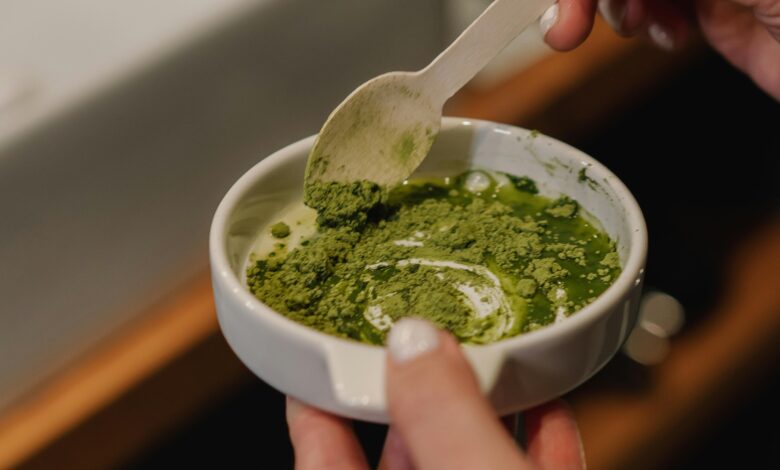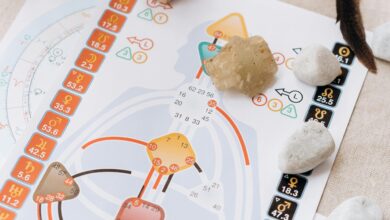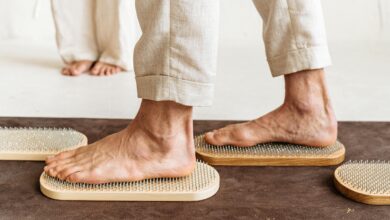The Role of Homeopathy in Holistic Health

Holistic health emphasizes the interconnectedness of the mind, body, and spirit, focusing on treating the whole person rather than just isolated symptoms. Within this framework, homeopathy has emerged as a popular complementary therapy. Rooted in centuries-old principles, homeopathy seeks to stimulate the body’s natural healing processes through highly diluted substances tailored to the individual. While it remains a subject of debate in conventional medical circles, many people turn to homeopathy as part of their holistic health journey.
In this article, we’ll explore the role of homeopathy in holistic health, its principles, benefits, limitations, and how it fits into a broader wellness strategy.
What Is Homeopathy?
Homeopathy is a system of alternative medicine founded in the late 18th century by German physician Samuel Hahnemann. It operates on two core principles:
- The Law of Similars (“Like Cures Like”) : A substance that causes symptoms in a healthy person can, in highly diluted form, treat similar symptoms in a sick person.
- The Law of Minimum Dose : Remedies are prepared through a process of serial dilution and succussion (vigorous shaking), which proponents believe enhances their therapeutic effects while minimizing toxicity.
Homeopathic remedies are derived from natural sources such as plants, minerals, and animals. Examples include arnica for bruising, belladonna for fever, and sulfur for skin conditions.
How Does Homeopathy Fit Into Holistic Health?
Holistic health views illness as a manifestation of imbalances within the entire system—physical, emotional, mental, and spiritual. Homeopathy aligns with this philosophy by addressing the root cause of ailments rather than merely alleviating symptoms. Here’s how homeopathy contributes to holistic well-being:
1. Personalized Treatment
Homeopathy emphasizes individualized care. Practitioners consider not only physical symptoms but also emotional states, lifestyle factors, and even personality traits when prescribing remedies. This personalized approach resonates with the holistic belief that each person is unique.
2. Non-Invasive and Gentle
Homeopathic treatments are typically non-invasive and free of harsh chemicals, making them appealing to those seeking gentler alternatives to conventional medications. This aligns with the holistic principle of minimizing harm while promoting healing.
3. Focus on Self-Healing
Homeopathy aims to activate the body’s innate ability to heal itself. By providing subtle stimuli through diluted remedies, it encourages the body to restore balance naturally—a cornerstone of holistic health practices.
4. Complementary to Other Therapies
Homeopathy often complements other holistic modalities like acupuncture, herbal medicine, yoga, and meditation. For example, someone practicing mindfulness might use homeopathic remedies to address stress-related symptoms, creating a synergistic effect.
Benefits of Homeopathy in Holistic Health
1. Wide Range of Applications
Homeopathy is used to address a variety of conditions, including:
- Chronic illnesses (e.g., arthritis, asthma)
- Acute conditions (e.g., colds, injuries)
- Mental health challenges (e.g., anxiety, insomnia)
Its versatility makes it a valuable tool in holistic health, where diverse approaches are often combined.
2. Fewer Side Effects
Because homeopathic remedies are highly diluted, they generally produce fewer side effects compared to pharmaceutical drugs. This makes them suitable for sensitive individuals, children, and pregnant women.
3. Empowerment Through Education
Homeopathy empowers individuals to take charge of their health. Many practitioners educate patients about lifestyle changes, dietary adjustments, and self-care techniques that support overall wellness.
4. Cost-Effective
Homeopathic remedies are relatively affordable and widely available, making them accessible to a broad audience.
Limitations and Criticisms of Homeopathy
Despite its popularity, homeopathy faces skepticism and criticism, particularly from the scientific community. Understanding its limitations is crucial for integrating it responsibly into a holistic health plan.
1. Lack of Scientific Evidence
Critics argue that there is insufficient clinical evidence supporting the efficacy of homeopathy beyond placebo effects. Large-scale studies have produced mixed results, leading some organizations, such as the National Health Service (NHS) in the UK, to question its validity.
2. Not Suitable for Severe Conditions
While homeopathy may help manage mild or chronic conditions, it is not a substitute for emergency care or life-threatening diseases like cancer, heart disease, or severe infections. In such cases, conventional medicine remains essential.
3. Risk of Delayed Treatment
Relying solely on homeopathy for serious conditions could delay access to proven treatments, potentially worsening outcomes.
4. Variability in Practitioner Quality
Not all homeopaths adhere to rigorous standards, and the quality of remedies can vary. Choosing a qualified practitioner is critical to ensuring safe and effective treatment.
Integrating Homeopathy Into Your Holistic Health Routine
If you’re considering incorporating homeopathy into your wellness regimen, follow these guidelines to maximize its benefits while maintaining a balanced approach:
1. Consult a Qualified Practitioner
Seek advice from a licensed homeopath who understands your full health profile. They can recommend appropriate remedies based on your unique needs.
2. Combine with Conventional Medicine
Use homeopathy as a complement—not a replacement—for conventional treatments. For instance, you might use homeopathic remedies to alleviate side effects of chemotherapy while continuing prescribed therapies.
3. Adopt Healthy Lifestyle Habits
Pair homeopathy with other holistic practices, such as eating nutrient-rich foods, exercising regularly, managing stress, and getting adequate sleep. These habits amplify the effectiveness of any treatment.
4. Monitor Progress
Track your response to homeopathic remedies and adjust as needed. If symptoms persist or worsen, consult a healthcare professional promptly.
Examples of Homeopathy in Action
To illustrate its role in holistic health, here are some common uses of homeopathy:
- Arnica Montana : Often used for muscle soreness, bruises, and post-surgical recovery.
- Nux Vomica : Recommended for digestive issues caused by overeating or stress.
- Ignatia Amara : Prescribed for emotional distress, grief, or mood swings.
- Pulsatilla : Used for hormonal imbalances, allergies, and respiratory issues.
These examples highlight how homeopathy addresses both physical and emotional aspects of health, reinforcing its place in holistic care.




